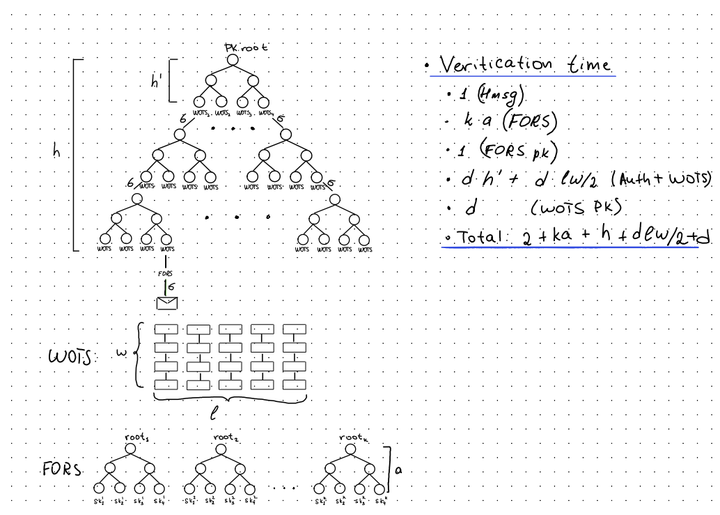When Major Bank Limits Cash Withdrawals — Why Bitcoin Becomes the Escape Valve
Imagine waking up tomorrow to find your bank won’t let you withdraw more than $200 a day.

No explanation. Just “policy updates” or “temporary liquidity management.”
That’s not fiction. It’s a pattern.
And every time it happens, the public wakes up to one brutal truth: your money in the bank isn’t really yours.
When Has This Happened Before?
1. Cyprus, 2013 – The “Bail-In” Shock
Cyprus became ground zero for financial repression when banks froze withdrawals and imposed capital controls.
Citizens could only withdraw €300 a day. Savings above €100,000 were forcibly converted into bank shares—effectively confiscated.
Bitcoin trading in Cyprus spiked 600% within days.
2. Greece, 2015 – The ATM Lines
Facing default and EU pressure, Greece shut its banks and capped withdrawals at €60/day.
Families queued at ATMs overnight. Elderly pensioners broke down in tears.
Within a week, Google searches for “how to buy Bitcoin” surged across Greece.
3. Lebanon, 2019-2021 – The Collapse of Trust
Banks in Lebanon froze accounts, blocked international transfers, and limited cash access.
The local currency collapsed by over 90%.
Citizens began using U.S. dollars and crypto informally, often at great risk, just to survive.
4. Nigeria, 2023 – Cash Shortages by Design
As Nigeria’s government pushed its CBDC (eNaira), it quietly limited cash withdrawals to $225/week.
Protests erupted, and Bitcoin P2P volumes hit record highs as people bypassed the system.
5. Canada, 2022 – The Freeze Heard Round the World
During the trucker protests, Canadian banks were ordered to freeze accounts of those who donated to certain causes.
No trial. No warrant. Just frozen livelihoods.
Bitcoin donations, by contrast, flowed freely on Nostr and through self-custody wallets.
What Happens When It’s Your Bank?
If a major North American or European bank announced withdrawal limits tomorrow, the response would be immediate:
- Trust evaporates overnight.
People rush to pull what’s left, causing the very liquidity crisis the policy was meant to prevent. - Digital dependence increases.
“Use your debit card,” they’ll say. “We’re going cashless.” But that means full surveillance and control. - Self-custody demand explodes.
Hardware wallet sales will skyrocket. Exchanges will see record withdrawals.
People will finally grasp the meaning of: “Not your keys, not your coins.”
Financial Repression: The Hidden Tax
Financial repression is what governments do when they can’t pay their debts honestly.
They cap interest rates below inflation.
They print money to fund deficits.
They block capital from leaving the system.
And they make you bear the cost by trapping your savings in melting fiat.
In this environment, Bitcoin becomes not speculation, but self-defense.
Why Customers Will Turn to Bitcoin Overnight
Bitcoin is the antidote to banking fragility.
- Borderless: No capital controls, no frozen transfers.
- Peer-to-Peer: No permission required to transact.
- Fixed Supply: Immune to central bank “stimulus.”
- Self-Custodial: You hold your own private keys.
Every banking scare in history has pushed more people toward self-sovereign money.
A major Western bank limiting withdrawals could accelerate Bitcoin adoption faster than any ETF or halving cycle.
Because when the system locks you out, Bitcoin lets you back in.
The Takeaway
You don’t need to wait for the crisis headline.
- Withdraw a small emergency fund in cash.
- Learn how to self-custody Bitcoin.
- Keep a hardware wallet offline and secure.
- Educate your family and friends before panic hits the ATMs.
History doesn’t repeat but it rhymes.
And the next rhyme is already being written.



Comments ()